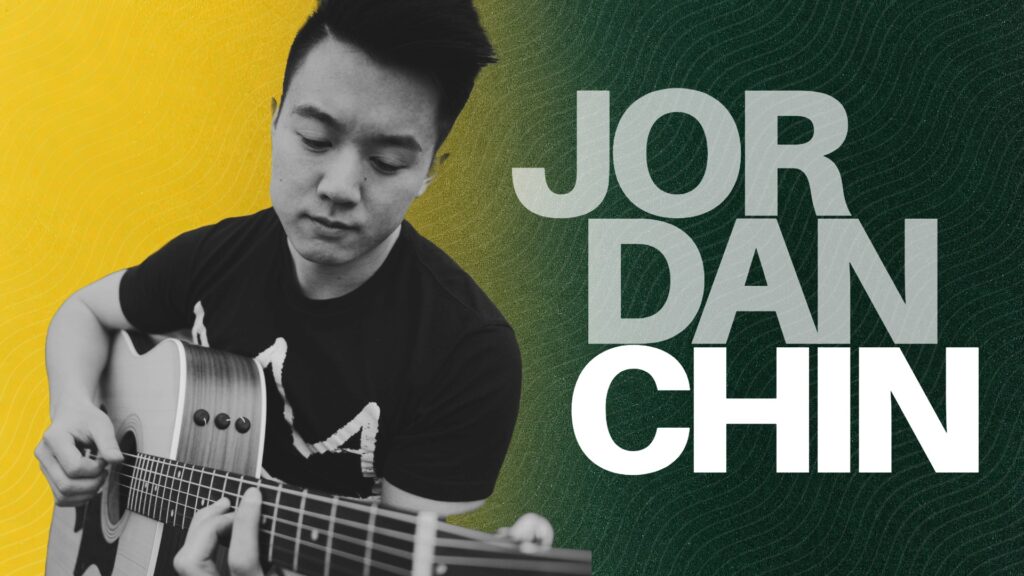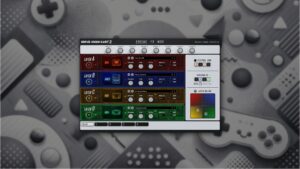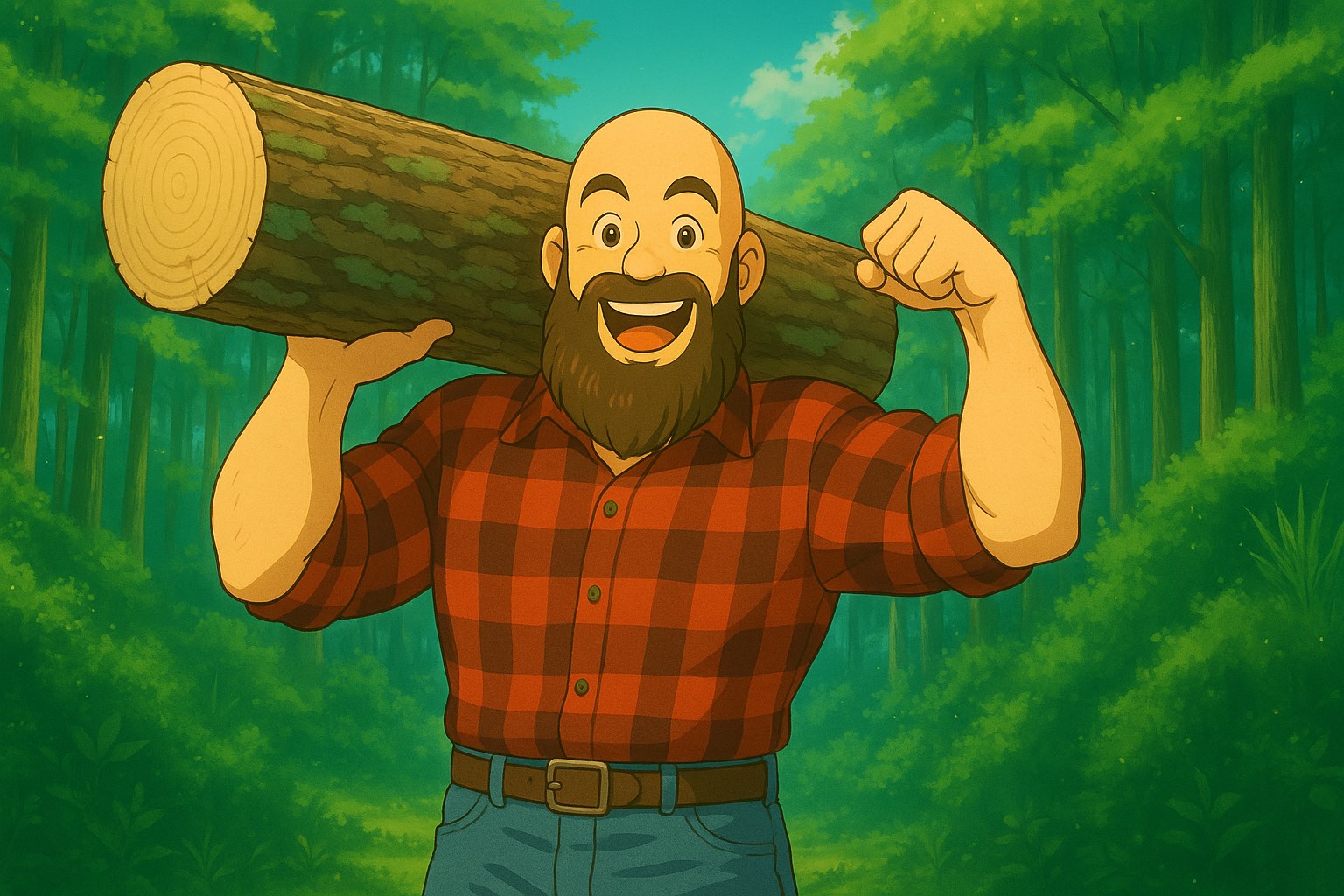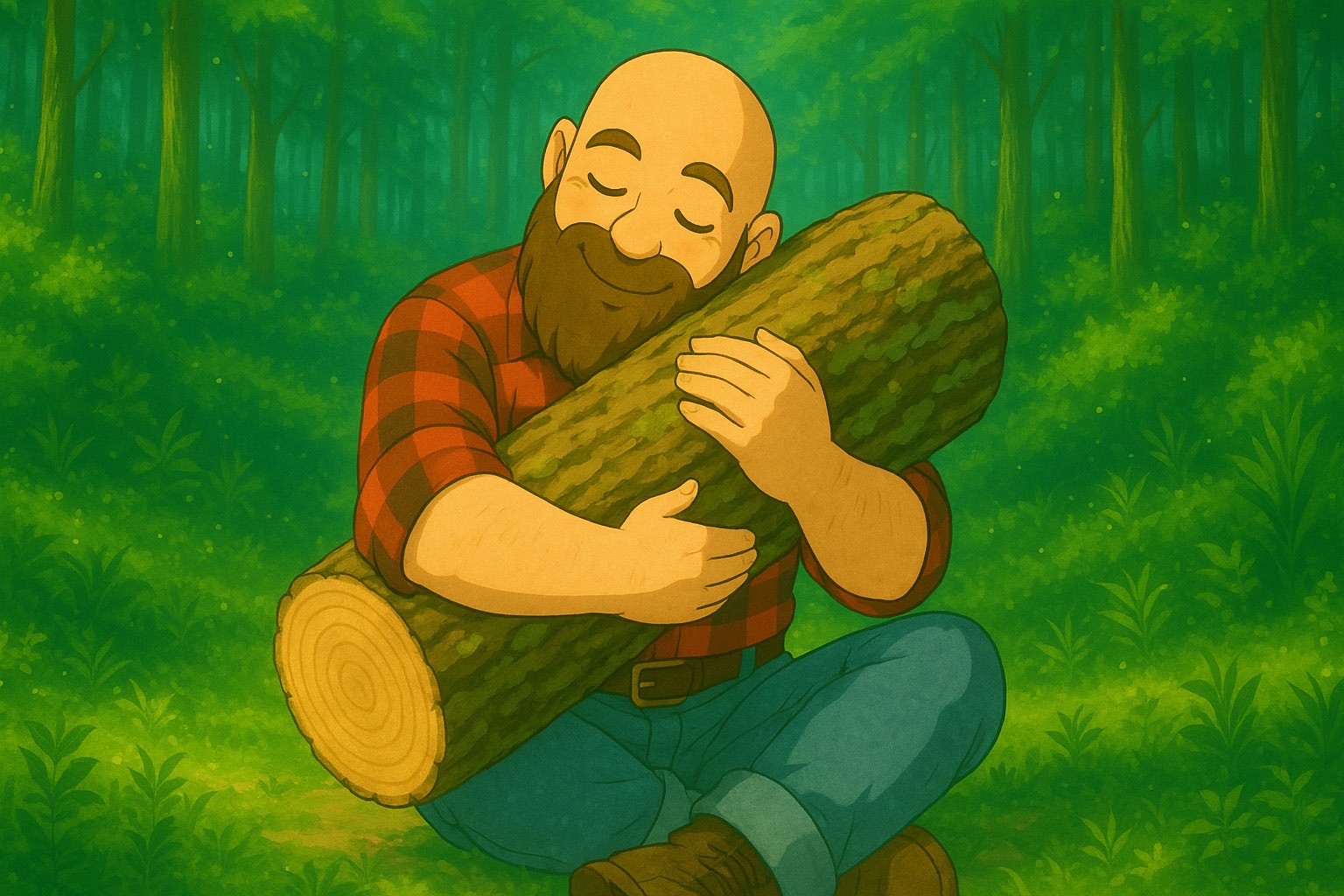Every artist wrestles with the same questions, no matter their medium: How do we face the discomfort of being a beginner? How do we create without letting judgment break us down? How do we balance curiosity with deadlines, or personal expression with serving something larger?
These are the themes that emerged in my conversation with composer Jordan Chin — best known for his music on Monster Train and Monster Train 2. What began as a chat about painted miniatures and band rehearsals grew into a deeper exploration of vulnerability, growth, and the philosophy of making art.
In this post, I want to share the big lessons we uncovered: how hobbies can become meditative practices, what the gym can teach us about resilience, why space is as important in music as sound, and why curiosity and practicality are always in tension for creative people.
Warhammer as Meditation
Jordan doesn’t actually play Warhammer 40k — he paints the miniatures. For him, it’s less about competition and more about calm.
“It’s very calming for me. I love just putting on some music or a podcast and disappearing in that world for a little bit.” — Jordan Chin
Painting became a ritual: small, focused, and low-stakes. It gave him space to absorb new music, to enjoy the process without pressure, and to flex a creative muscle without consequence.
“Nothing depends on my ability to paint Warhammer models. But it’s a way to flex that muscle of starting badly.” — Jordan Chin
That insight reframed the idea of beginnerhood. Sometimes, stepping into something we know we’re not “good” at is exactly what strengthens our resilience in the things that matter most.
Practicing Beginnerhood
I admitted that I often resist new hobbies because I already feel I’m not where I want to be with music. Why add another arena where I’m clumsy and unsure?
But Jordan’s view was freeing: hobbies like Warhammer can be a training ground for discomfort. They remind us it’s okay to suck at something. And that reminder translates back into our main creative work.
Being willing to start badly is a discipline in itself.
Lessons from the Gym
For me, that discipline came from lifting weights. When I started, I was small, weak, and self-conscious. Training forced me to confront those realities in a very public setting, surrounded by people who were far ahead of me.
Over time, the gym became a metaphor for resilience:
“If you can go among people who look better than you, who might even judge you, and still keep working towards your goals, you can take that skill anywhere else in life.” — Markus Junnikkala
The parallels to creative work are obvious. Just as we face physical judgment in the gym, we face artistic judgment when we release our music. And both can feel equally personal.
“Sometimes the fear of judgment about my music feels equally painful as someone judging my body. Because it’s like a direct extension of myself.” — Jordan Chin
Vulnerability in Music
Music exposes us. Even when written for a medium like games, where the function is clear, it still carries the imprint of who we are.
“It’s an auditory version of you. And it is very personal.” — Markus Junnikkala
That’s why external validation can’t be the foundation. If the “why” isn’t internal, the work will collapse under the weight of criticism.
“At the core of it, the why has to come from yourself. That’s what wakes you up every morning to do this.” — Jordan Chin
Serving the Larger Whole
But composing for games isn’t only about personal expression. It’s about serving the larger artwork of the game itself. A soundtrack must be both individually compelling and seamlessly integrated.
“When people really love game music, it’s because it does both. It’s fantastic on its own, but it also embodies the game world they love. That connection multiplies the impact.” — Markus Junnikkala
Jordan pointed to Studio Ghibli scores and early Final Fantasy soundtracks as proof of this double resonance: music you can love on its own, but which becomes unforgettable when tied to the medium that introduced it.
Drummers, Rhythm, and Space
Both Jordan and I came to composition as drummers, and rhythm still shapes how we hear music. It gives us a natural sense of pulse, of modularity, of how energy moves through a piece.
But rhythm alone isn’t enough. Another lesson we kept circling back to was space. The temptation to layer and overfill is constant, but real artistry often comes from restraint.
“Music, composition, arrangement, mixing… it’s an ever-evolving puzzle. And often it’s about asking: what can I take away to let this thing matter?” — Markus Junnikkala
Letting go of parts we’ve written — no matter how attached we are — is one of the hardest skills in creative work.
Curiosity vs. Practicality
Finally, we hit on a universal tension: curiosity versus practicality. Should you indulge exploration, risk wasting time, and chase discoveries? Or should you stick with what you know works to deliver on time?
Jordan described it perfectly:
“Sometimes you just want to get lost in the process and open every door. Other times, the track is due tomorrow. And you have to decide: curiosity or destination?” — Jordan Chin
This tension never disappears. It’s part of the creative life — the push and pull that keeps us growing while also keeping us grounded.
Closing Reflections
My conversation with Jordan Chin reminded me that creative work is never just about output. It’s about resilience, honesty, and balance.
We talked about how a hobby can be a form of meditation. How the gym can teach you to confront judgment. How vulnerability is inescapable in music. How restraint is as important as expression. And how curiosity and practicality will always be in dialogue.
Jordan’s Monster Train soundtracks are incredible — energetic, layered, rhythmically alive — but what impressed me even more was the philosophy behind them. The willingness to keep being a beginner, to keep balancing growth with practicality, and to keep serving something bigger than himself.
🎧 Prefer video or audio?
You can watch (or listen to) the full conversation with Jordan Chin on the Be a Better Artist podcast here:
🔴 Youtube: https://youtu.be/E58KiqyA2yw
🟢 Spotify: https://open.spotify.com/episode/0ijyeRxWoeH6jZfoV5hsLq?si=UULom9TVSTy0r1TaRPVPEQ
🟣 Apple Podcasts: https://podcasts.apple.com/ca/podcast/jordan-chin-monster-train-2-composer-interview/id1528017679?i=1000730589465





